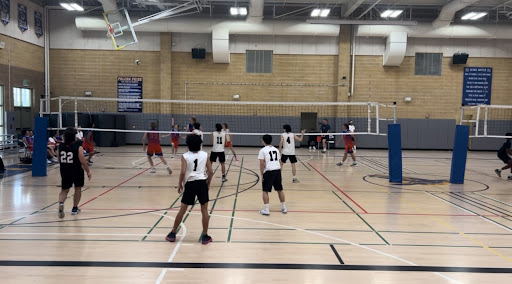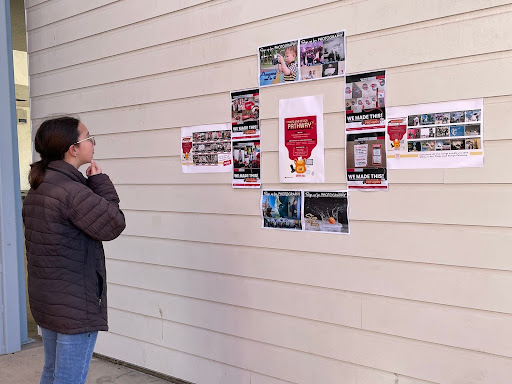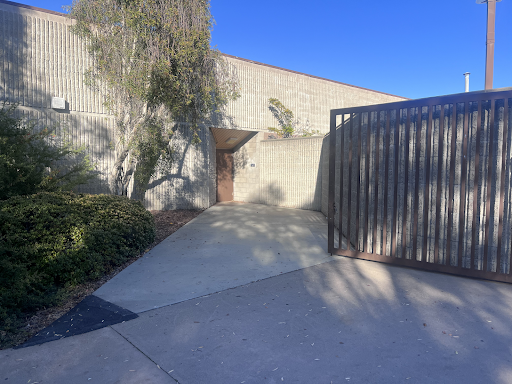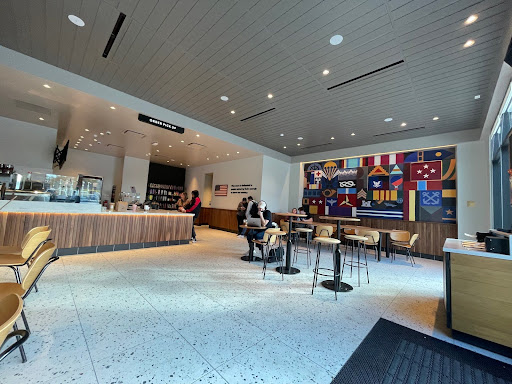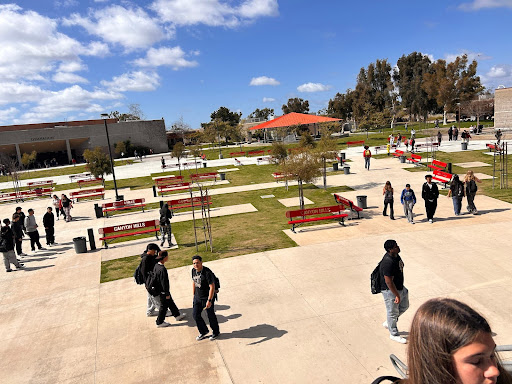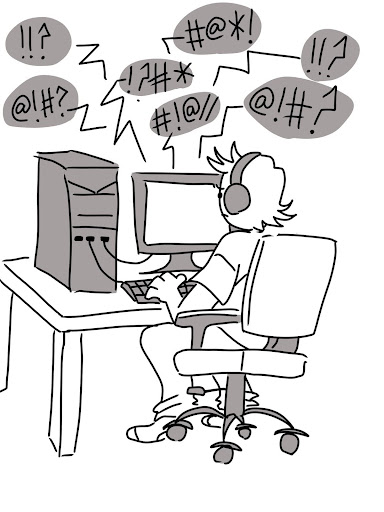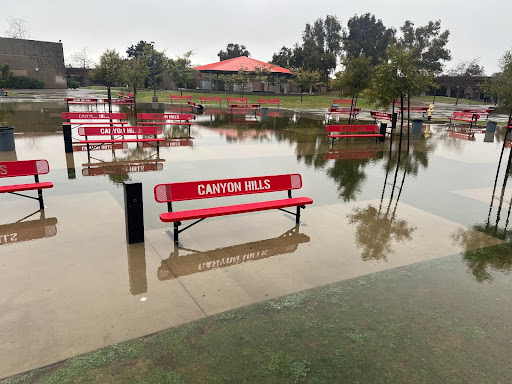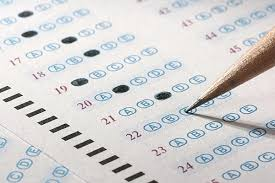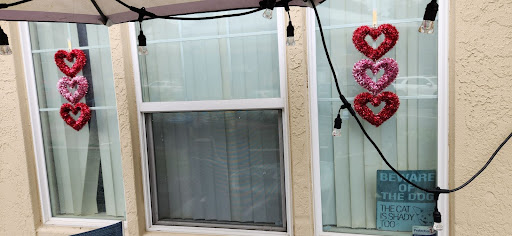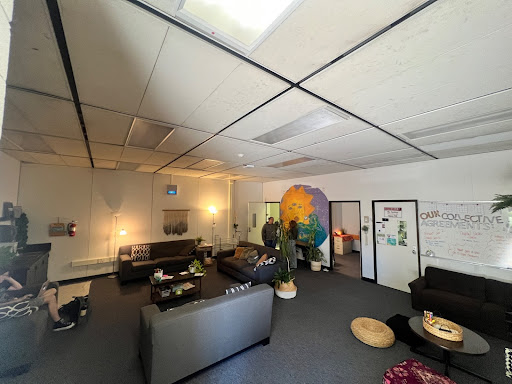Schools struggle to hold students accountable and still show they value mental health
The COVID-19 pandemic has amplified the importance and focus on mental health, as many suffered from mental health issues during quarantine.
To better help teens deal with the pandemic’s lasting effects and stressors, some schools have begun offering students more mental health resources and encouraging open conversations about mental health.
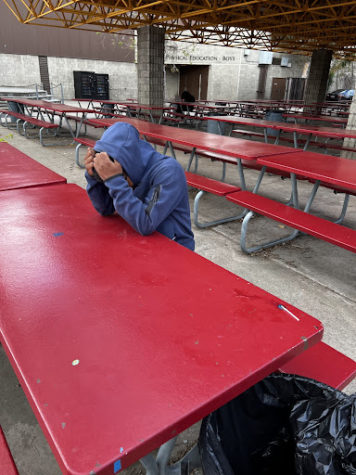
“My freshman year, I did not know we had a wellness center,” sophomore Tiffani Leah stated, “This year, it is being advertised more and is a step our school is taking to value and care for students’ mental health.”
With the increased importance placed on mental health, some argue that students can get away with more from a superficial claim of mental health struggles.
“Students claiming that they have poor mental health can and cannot get students out of trouble,” senior Vivi Dinh stated. “The school should properly evaluate the state of a student’s mental health before deciding their punishment.”
It is widely agreed upon that a student’s mental health should be considered when creating a punishment. Mental health should not always be an excuse for poor behavior. For a person to falsely claim they have mental health issues as the reason for their action(s) takes away from genuinely struggling people.
But a school environment where accountability and mental health are valued can exist, and many students want to find that balance.
“Clear and open communication with students and staff on campus is important,” Dinh stated, “When students feel comfortable talking to teachers and other staff, they are more likely to go to them rather than act out.”
Accountability and valuing students’ mental health can co-exist in our school’s environment as long as we continue developing safe spaces for students struggling and creating open conversations about mental health.
Your donation will support the student journalists of Canyon Hills High School. Your contribution will allow us to purchase equipment and cover our annual website hosting costs.

Ayla Jones is a current junior at Canyon Hills High School who enjoys interviewing, researching and writing stories for Canyon Hills Chronicle. Jones became...













